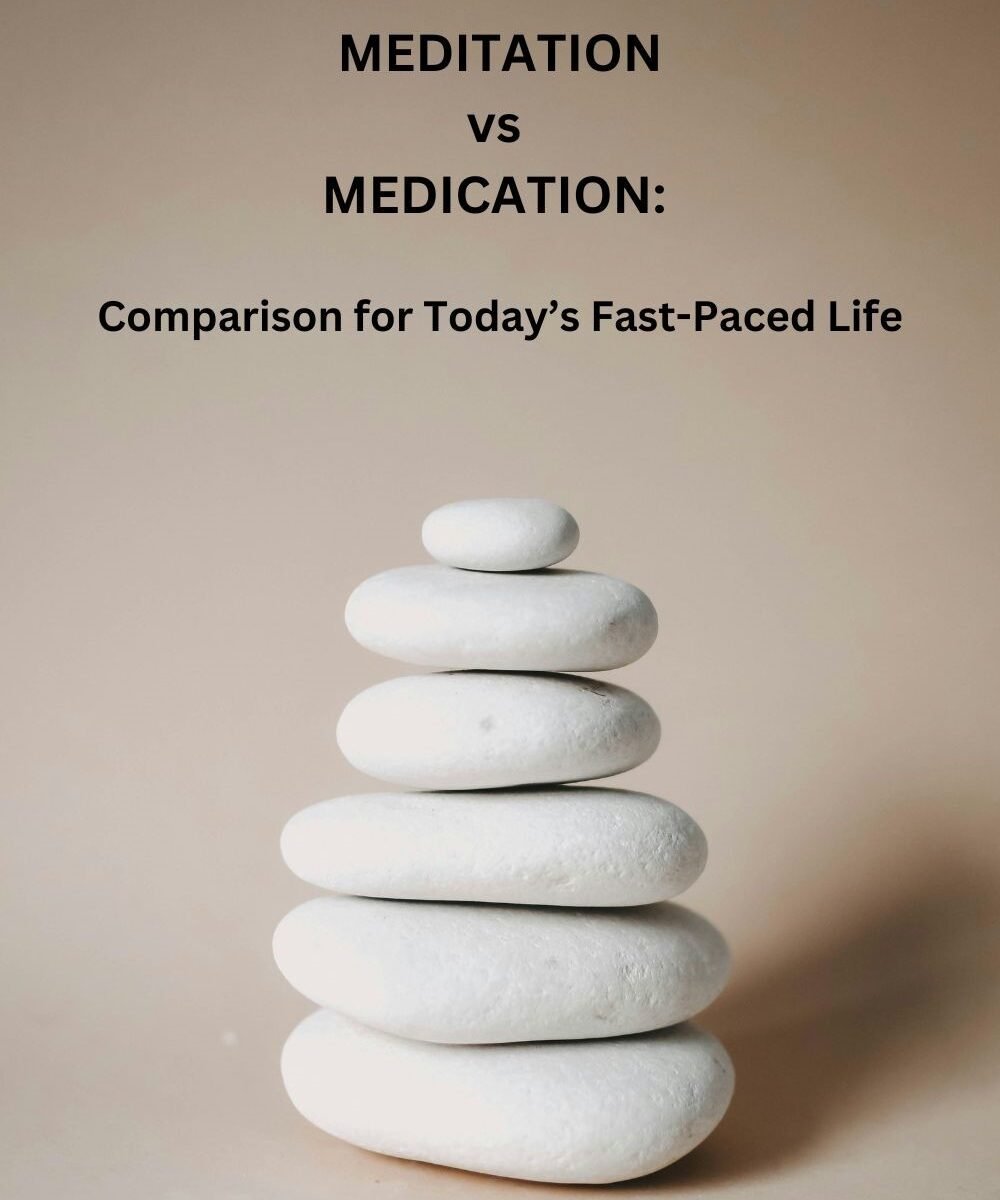Meditation vs. Medication
Understanding Meditation
Meditation is a practice that has been utilized for centuries, tracing its roots back to ancient traditions in various cultures. Its primary goal revolves around cultivating mindfulness, enhancing mental clarity, and promoting emotional well-being. This practice involves techniques that encourage focused attention and awareness, allowing individuals to connect more deeply with their thoughts and feelings.

Exploring Medication
Medication refers to the use of pharmaceutical drugs designed to prevent, treat, or manage symptoms of various health conditions. Within the realm of mental health, medication plays a critical role in the treatment of disorders such as anxiety, depression, and bipolar disorder. This section aims to provide a comprehensive overview of the types of medications commonly prescribed, discussing their mechanisms, benefits, and the scenarios in which they are recommended by healthcare professionals.

Understanding the Context
Today’s fast-forward life can often lead to overwhelming stress and anxiety, prompting individuals to seek solutions that can bring peace of mind. Among the most discussed methods are meditation and medication. This post provides a comparative analysis of both approaches through ten key points.
1. Nature of Intervention
Meditation is a practice focused on training your mind to achieve a heightened state of awareness and tranquility. In contrast, medication involves the use of pharmaceutical drugs that alter chemical imbalances in the brain.
2. Side Effects
One prominent aspect to consider is the side effects. Meditation typically has minimal or no side effects, while medication can lead to drowsiness, weight gain, and dependency issues.
3. Cost Implications
Meditation is generally more cost-effective, requiring only time and perhaps an app or a class, while medication often involves ongoing medical expenses and consultations.
4. Long-Term Benefits
Research suggests that regular meditation can lead to long-term improvements in emotional health. Medications may provide immediate relief but can often require lifelong management.
5. Accessibility
Meditation is widely accessible and can be practiced anywhere at any time. Conversely, medication requires prescriptions and regular visits to healthcare providers.
6. Target Audience
Meditation is suitable for a broad range of individuals, especially those seeking holistic approaches. Medication might be more appropriate for severe cases needing immediate attention.
7. Personal Growth
Meditation encourages self-awareness and personal growth, while medication often focuses solely on symptom management.
8. Lifestyle Integration
Meditation can seamlessly fit into nearly any lifestyle. Medication may require careful timing and adherence to schedules.
9. Scientific Support
While meditation is gaining traction in scientific studies showing its benefits, medication is well-researched and standardized in medical practices.
10. Preference Consideration
Ultimately, the choice between meditation and medication boils down to personal preference and individual needs. Some may find a combination of both beneficial.
CONCLUSION
In conclusion, while both meditation and medication have their pros and cons, understanding the unique aspects of each can aid in making informed decisions tailored to individual circumstances.






